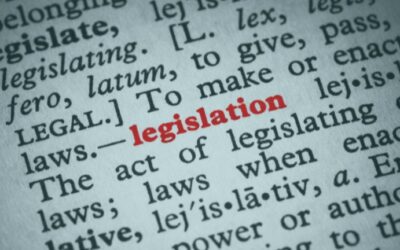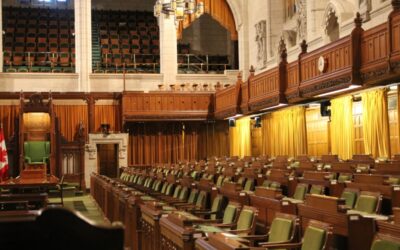It's still common to refer to sex workers through the direct or indirect use of terms connected to human trafficking or sexual exploitation.However, when misinformation or stereotypes about the industry spread, including through bad headlines, unjust and unsafe...
Sex work
Legislative Frameworks for Sex Work
Canada’s current legislative framework for sex work is an end-demand model called “partial decriminalization”, or the Nordic Model. Partial decriminalization purports to end the demand for sex work by criminalizing the buyer of sexual services while leaving the seller...
SWAN Vancouver speaks to House of Commons Committee
On Monday May 15, 2023, SWAN Vancouver spoke to the House of Commons Standing Committee on the Status of Women for its study on human trafficking. Executive Director Angela made the following presentation:Download a PDF of SWAN's brief here >Summary"Most...
Intro to the Harms of Anti-Trafficking
How can an anti-trafficking campaign cause harm? While often well-intended, anti-trafficking campaigns carry a host of problems: They contribute to an unfounded moral panic in society They utilize sensational narratives and inflated, debunked statistics They...
Bedford v. Canada
Bedford v. Canada was a case challenging the constitutionality of Canada’s prostitution laws. The initial challenge began in 2007 and the final judgment from the Supreme Court of Canada (SCC) came down in 2013. Applicants: Terri Jean Bedford, Amy Lebovitch, and...
Immigration and Refugee Protection Regulations (IRPR) Sex Work Prohibition Analysis
Impact on Migrant Sex Workers: Migrant sex workers experience multi-layered criminalization. Even if sex work was decriminalized in Canada, migrant sex workers would still be criminalized






